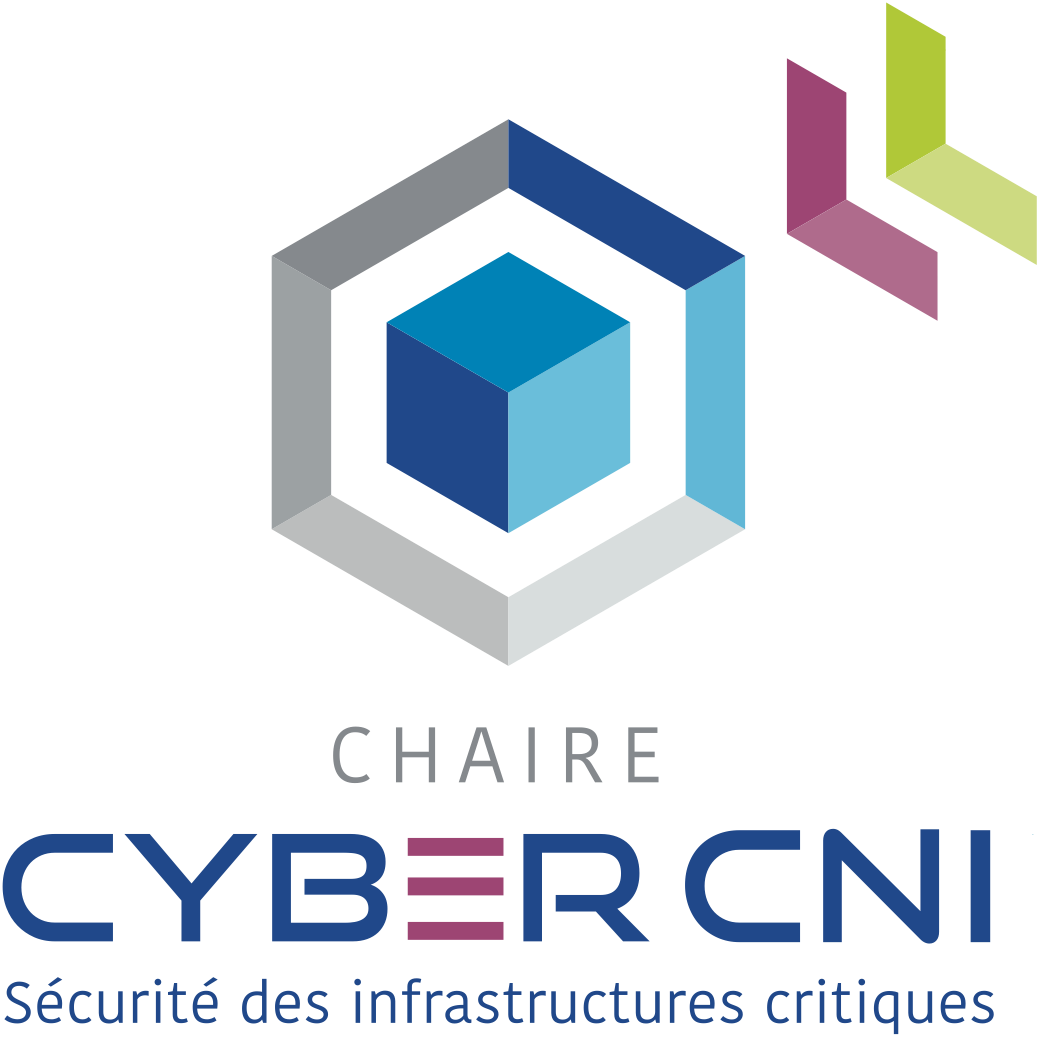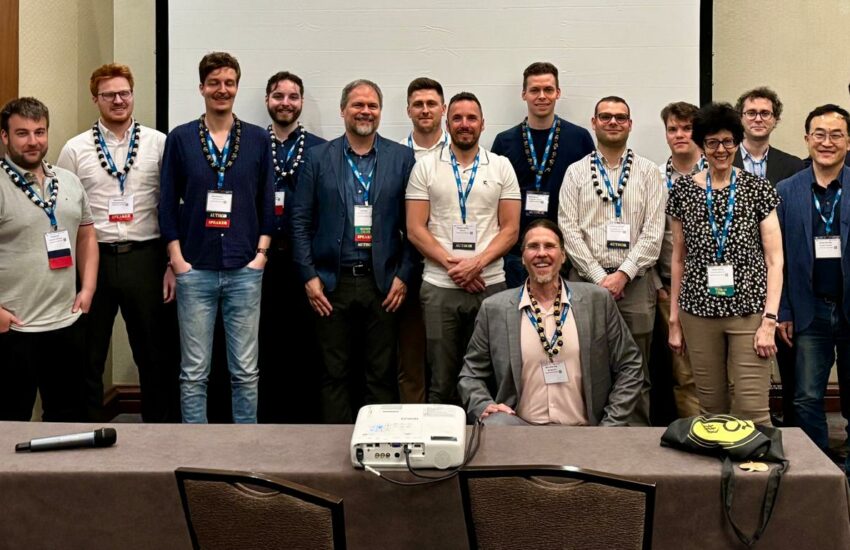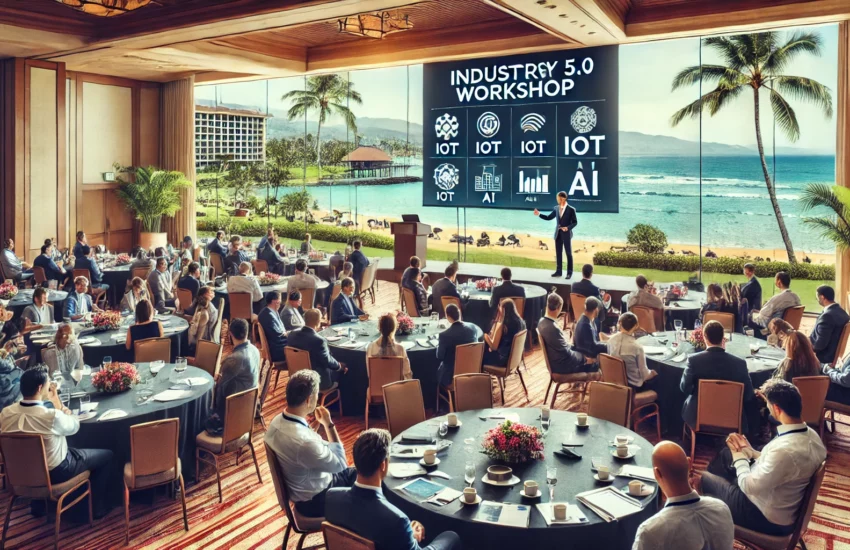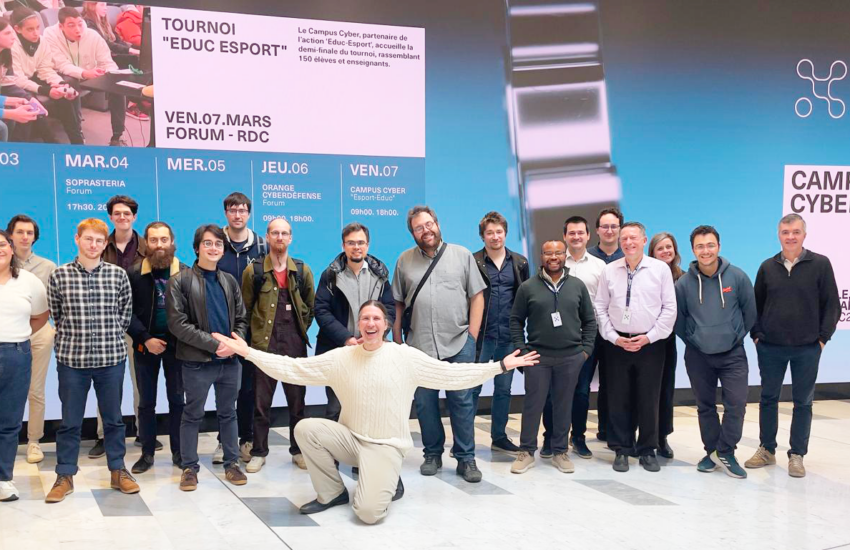FRI, MAY 13, 2022, 5pm CET I Moritz Flößler (EuropaNova Germany e.V., Germany) – InsTitutionalizing Cybersecurity: National Strategies and their Implications for Europe
On Fri, May 13, 2022, 5pm CET I Moritz Flößler (EuropaNova Germany e.V., Germany), will talk about “Institutionalizing Cybersecurity: National Strategies and their Implications for Europe“. Watch the trailer here: https://youtu.be/7fzsRQgmqTs?list=PLdftPKA9mTfaDJxqwexil2mPhUFIA9ITd
You are cordially invited to join the free live stream on youtube and LinkedIn! To register and subscribe to the series announcements, just enter your mail address in the box on the left at https://talk.cybercni.fr/. Please share the link https://talk.cybercni.fr/18 with your interested friends!
LinkedIN Event: https://www.linkedin.com/video/event/urn:li:ugcPost:6927956732220456960/
Facebook Event: https://www.facebook.com/events/683274342892693/
Youtube: https://TALK.cyberCNI.fr/stream
Newsletter with invitations: Subscription on https://TALK.cyberCNI.fr
Abstract
This talk is about how states organize their cybersecurity capabilities, what it means for European cyber resilience, and why the current conflict in Ukraine might change that.
National cyber strategies and institutional set ups couldn’t be more different. Each country has different approaches, different strengths and risks. Former tendencies of best practice-and-knowledge-sharing proved unsuccessful. Some countries such as Germany have an extremely balkanized institutional structure and disfunctioning stragtegies. This potentially signficant risk for the European Union has not been adressed appropriatly, despite continuously increasing attacks and threats.
The current conflict in Ukraine could be a window of opportunity for improving the so much needed strategies for collaborative cybersecurity. However, it seems that an attack has to happen first, before European decision-makers start to react.
Möritz Flößler
Moritz is a public-sector consultant, co-founder of EuropaNova Germany and passionate about the European project. He studied political science and international relations in Munich and Paris. His research focus within the organization is European and German cybersecurity and its role in foreign and security policy.
EuropaNova Germany (e.V.)
EuropaNova Germany (e.V.), a Berlin-based think tank. Since its establishment, the organization with Franco-German roots brings together aspiring students, scholars, and practitioners in the field of political science and international relations.
The annual flagship Young Security Conference aims at connecting young thinkers with policy experts and academic scholars in a critical and constructive dialogue about the future of European foreign and security policy.
Talk.cybercni.fr
The Cyber CNI Lecture Series is a free monthly event that takes place on the last Wednesday of the month from 5:00 pm to 6:30 pm.
The event consists of a 40-minute expert presentation followed by a 30-minute discussion.
The Cyber CNI Speaker series aims to raise awareness and understanding of cyber security issues among all audiences. It aims to enable an ongoing dialogue between experts from industry and academia and the general public (citizens, families, small and large businesses, public organizations, etc.). All of us are concerned.
The events are broadcast live on Youtube (https://talk.cybercni.fr/) and LinkedIn, allowing worldwide remote participation – including a tool to participate in the discussion.
You can add the event calendar via ICS, webcal, HTML.
How the digital transformation is changing our lives
The COVID-19 pandemic has shown all of us the benefits of information technology. It allows us to work at a distance, to live at a distance, and most importantly, to keep in touch at a distance – with younger and older people, those closest to us, and even make new contacts.
Our society relies more and more on information and operational technologies. Examples include water, energy, heat and cooling supply, communications, healthcare, production and processing of goods, transportation, national security, banking, research and education, and food production.
What all these areas have in common is that they make intensive use of networked distributed computer systems. These systems can be attacked in many ways. This is no longer just a problem for computer “pros” because computer systems are essential to all of us. The effects of “cyber-attacks” range from power outages to the collapse of the health care or banking sectors.
Program and registration: https://talk.cybercni.fr/
- [T43] Hacking Innovation: Securing Innovations in the Cyber World – Christian A. Mohr (Tergau&Walkenhorst) - March 7, 2025
- [T42] The Sixth Sense for AI Algorithms: Challenges on Confidentiality, Trust and Security for Mobile Devices – Soumya Banerjee (Trasna) - December 23, 2024
- [T40] Software multi-tenancy on micro-controllers: enhancing security with TinyPART toolkit – Chrystel Gaber (Orange), Gilles Grimaud (U Lille), Emmanuel Baccelli (INRIA) - October 28, 2024










